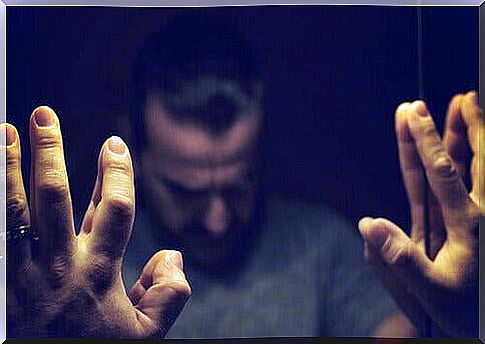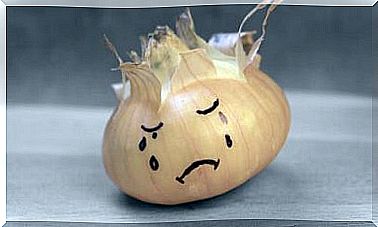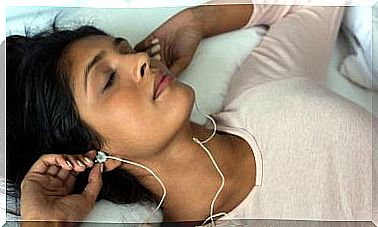11 Signs That You Are Too Self-critical

Most of us consciously aspire to be our best on the right path. In this sense, a good tool to measure our efforts and achievements is self-analysis. There is no doubt that it is admirable to worry about doing the best you can and trying to be the best person you can be. This is what makes sense to examine the negative results and try to do better next time.
However, although self-analysis is a great way to observe our own behavior and to learn to overcome our weaknesses and bad habits, we can often come to undervalue ourselves for being too self-critical. In this sense, having a high level of self-criticism over time is detrimental to success and good mental health. Being overly self-critical hurts self-esteem and confidence. In fact, it is directly linked to low self-esteem and perfectionism.

Are you too self-critical?
The problem appears when we put ourselves in “automatic pilot” mode when we enter the realm of self-criticism . That is why it is necessary to wake up and realize the damage that we are doing ourselves unintentionally. To find out if you are too self-critical, check the following list. If you find too many everyday and typical situations in you, it is time to turn the situation around and start taking care of yourself a little more, mentally speaking.
- Nothing is good enough for you and you are not good enough: Do you feel like you never do good enough? Do you think things are not as they should be? Does everything around you seem to fall short, including yourself?
- You blame yourself for every negative situation: Do you feel personally responsible when something bad happens? Do you quickly take the blame, ignoring other factors that, although external and uncontrollable, may be related to what has happened?
- You are disappointed in yourself, even if your failures are concrete and specific things: Do you feel like a failure every time you do something wrong? Do you assume that you are a complete failure every time you make a mistake or something goes wrong, something concrete and specific, that no longer affects a part of you? Are you unable to focus on the behavior that caused the problem and instead generalize?
- You avoid taking risks: Don’t you risk doing something different because you feel like you’re going to fail? Do you think things will turn out badly for you, the same as it has happened to you on other occasions? Are you convinced that the best thing, that the safest thing, is to do nothing?
- You avoid expressing your opinion: Are you afraid of saying something stupid, absurd, out of place? Do you think that what you have to say does not matter? Do you think that what you think will be unwelcome or boring?

- You are never satisfied with your achievements: Do you find fault again and again in what you do? Do you think that if you cannot do something excellently, it is better not to do it? Are you prone to dwelling on the inevitable flaws, even when your results are positive?
- In all probable scenarios you see ghosts: Do you always foresee the worst possible scenarios? Is the “what if …” the way you raise all the options, making problems and always seeing the worst? Is personal failure the filter you go through all your future actions? Do you fear humiliation and failure, and do you value this more than triumph and success?
- You have problems with personal image: Do you have complexes that you can’t let go of? Do you think that what you consider negative can affect others, in how they value you, in the esteem they have for you? Do you think that your personal image prevents or can prevent you from advancing professionally and socially?
- You persistently analyze your mistakes, delving into guilt: Do you invest a lot of time and energy in analyzing what went wrong and how you are responsible for it, but without drawing conclusions that allow you to look at the past with optimism? Do you ruminate on guilt and what you lacked, what you did not do, instead of analyzing possible alternatives focused on a next time?
- You get defensive in the face of comments: Do you tend to feel annoyed when people give you justified or constructive criticism? Do you overreact to the comments of others? Do you take the comments personally?
Put aside the self-sabotage of being self-critical
Frequent and intense self-criticism is a form of self-sabotage. In other words, by criticizing ourselves, we do just the opposite of what is healthier for us. Why do we do it then? Because it is part of a larger family psychological territory, where rejection, fear or oppression become a common garment, a burden that we are used to carrying.

Thus, negativity becomes an emotional defect from which it is difficult to escape. And since it is familiar to us, something of ours, we cling to it, looking for this negativity even in “automatic pilot” mode, because without it we feel like naked. In this sense, overcoming self-criticism and thus self-sabotage requires having a greater awareness of ourselves. It also requires reformulating our inner dialogue, about what is happening, in us and around us.









